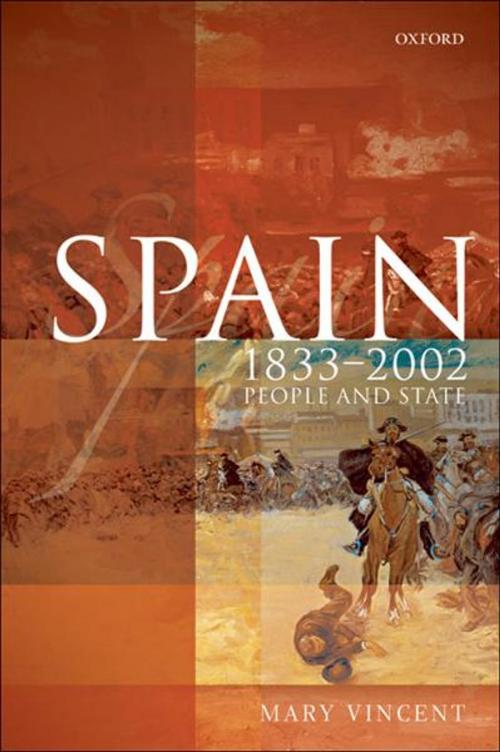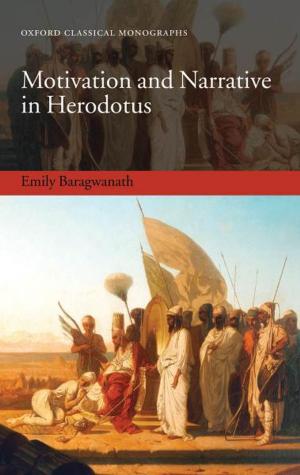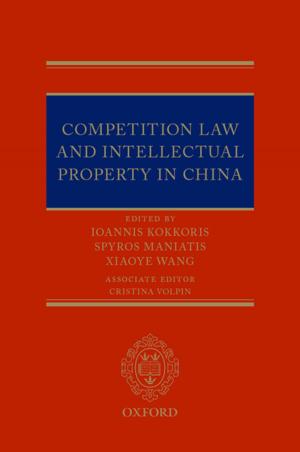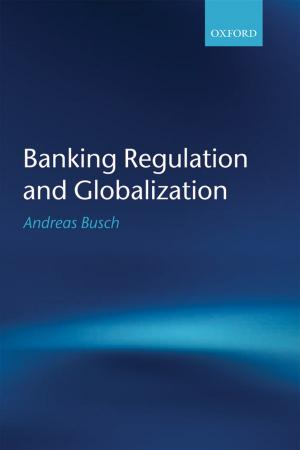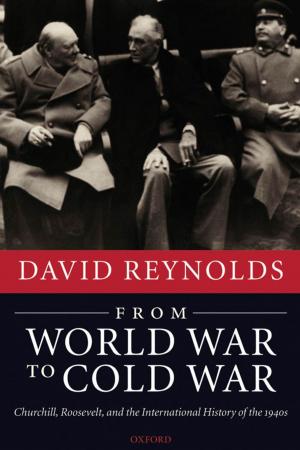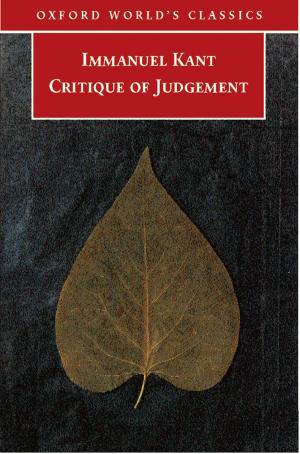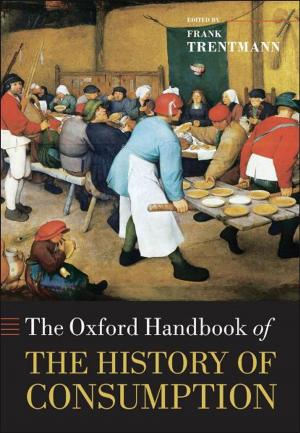| Author: | Mary Vincent | ISBN: | 9780191607011 |
| Publisher: | OUP Oxford | Publication: | December 6, 2007 |
| Imprint: | OUP Oxford | Language: | English |
| Author: | Mary Vincent |
| ISBN: | 9780191607011 |
| Publisher: | OUP Oxford |
| Publication: | December 6, 2007 |
| Imprint: | OUP Oxford |
| Language: | English |
This book provides a cultural history of Spanish politics from the civil war of 1833 to the Spanish adoption of the Euro in 2002, a period dominated for the most part by violent military interventions in the political process, a succession of weak, unstable, but repressive governments, and the ever-present threat of rebellion from below, and culminating in the victory and repressive dictatorship of General Franco. Using a wide range of sources, both textual and material, Mary Vincent focuses on the question of how ordinary people came to identify themselves both as citizens and as Spaniards throughout this turbulent period. She argues that a weak state rather than a weak sense of nation was the key to Spain's problematic development and that this is the key to explaining both the persistence of political violence and the strength of regional nationalism in modern Spain. But, as Vincent shows, from the 1970s, with modernization of the state and the introduction of democratic politics, all Spaniards - including Catalans and Basques - enthusiastically adopted an additional identity, that of Europeans. And, while questions over the territorial unity of the Spanish state have still not been wholly resolved, nevertheless the political choices facing Spaniards today are very similar to those of other western European nations - and Spanish singularity appears, at last, to be consigned to the past.
This book provides a cultural history of Spanish politics from the civil war of 1833 to the Spanish adoption of the Euro in 2002, a period dominated for the most part by violent military interventions in the political process, a succession of weak, unstable, but repressive governments, and the ever-present threat of rebellion from below, and culminating in the victory and repressive dictatorship of General Franco. Using a wide range of sources, both textual and material, Mary Vincent focuses on the question of how ordinary people came to identify themselves both as citizens and as Spaniards throughout this turbulent period. She argues that a weak state rather than a weak sense of nation was the key to Spain's problematic development and that this is the key to explaining both the persistence of political violence and the strength of regional nationalism in modern Spain. But, as Vincent shows, from the 1970s, with modernization of the state and the introduction of democratic politics, all Spaniards - including Catalans and Basques - enthusiastically adopted an additional identity, that of Europeans. And, while questions over the territorial unity of the Spanish state have still not been wholly resolved, nevertheless the political choices facing Spaniards today are very similar to those of other western European nations - and Spanish singularity appears, at last, to be consigned to the past.
